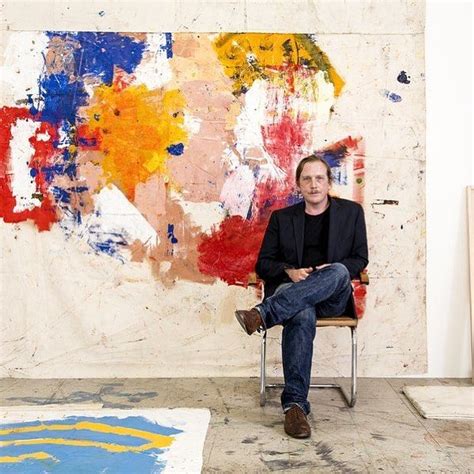Top 38 Quotes & Sayings by Joe Bradley
Explore popular quotes and sayings by an American artist Joe Bradley.
Last updated on April 16, 2025.
When I was younger I was very opinionated about art. And then, I realized that I kind of recognized this pattern where the things that I was vehemently of pissed off about, I would end up loving them two years later. So I just tried to mellow out. Like there's art that I think is pretty silly, but it doesn't get under my skin like it used to.
Painting can also be too earnest at times and that's a drag. You don't want to go in that direction either. It should be holistic. It should represent the whole of your personality, I guess, so if somebody is a sincere painter or an ironic painter, then they're just bullshitting the audience and presenting only an idealized version of themselves.
























